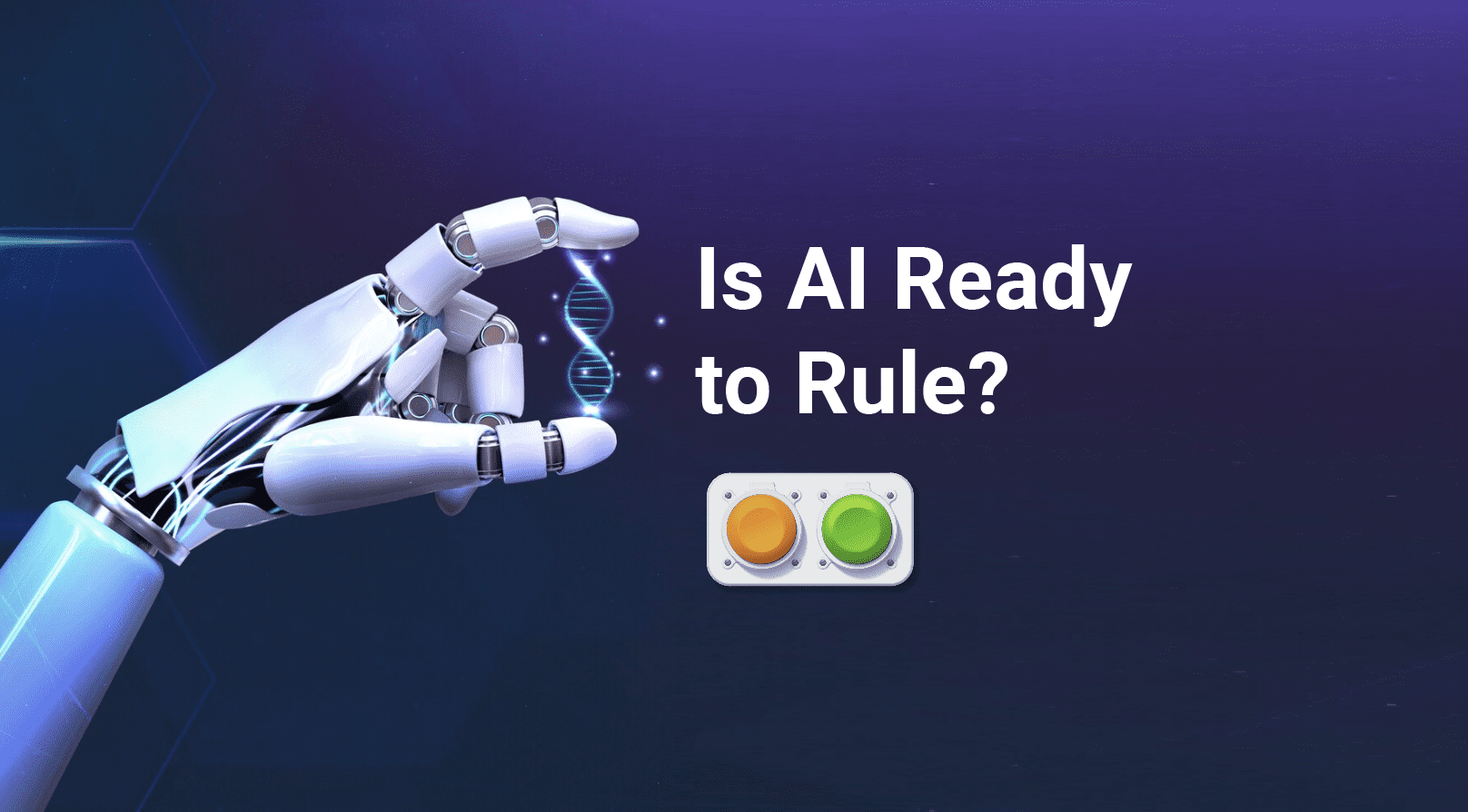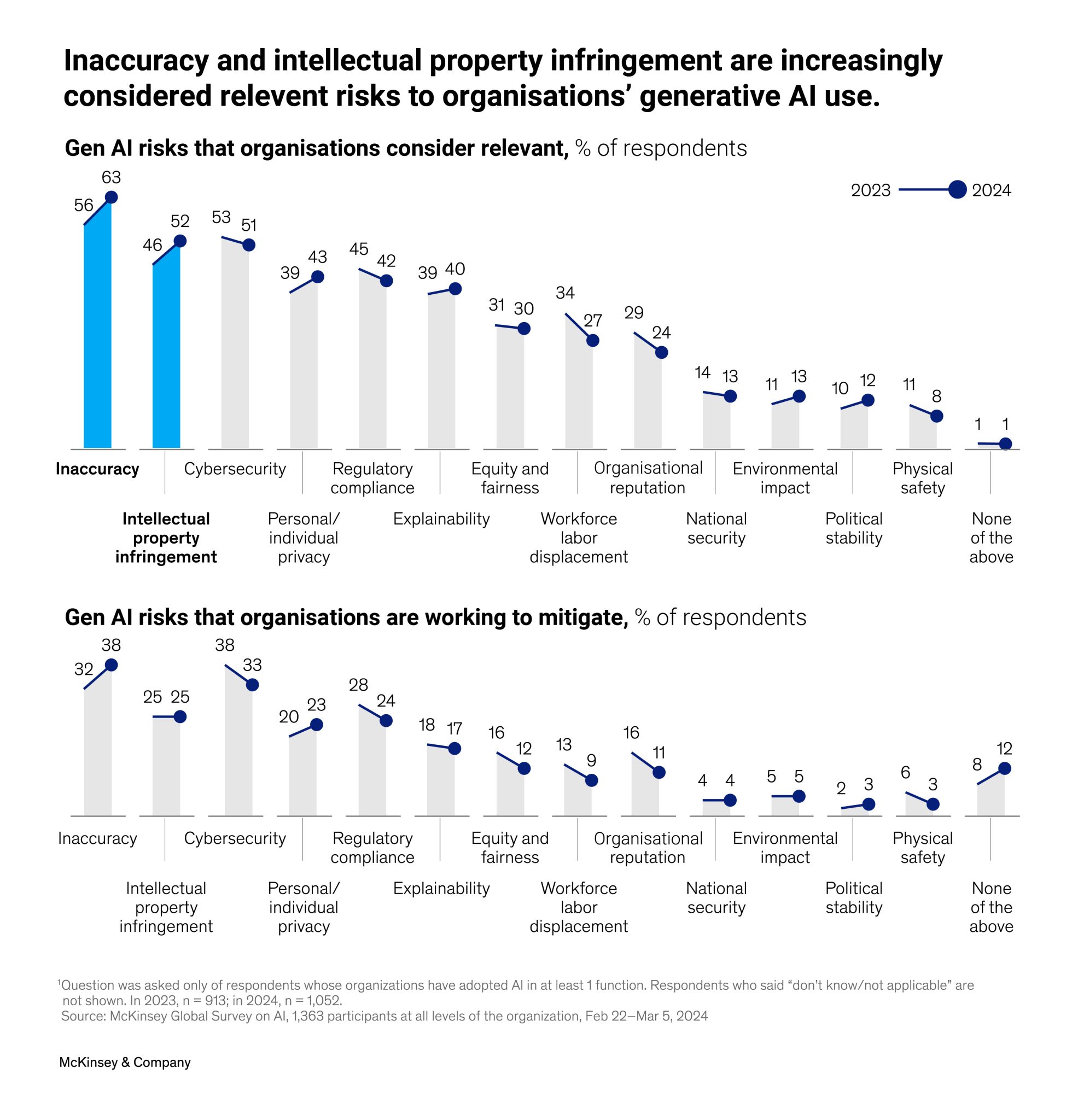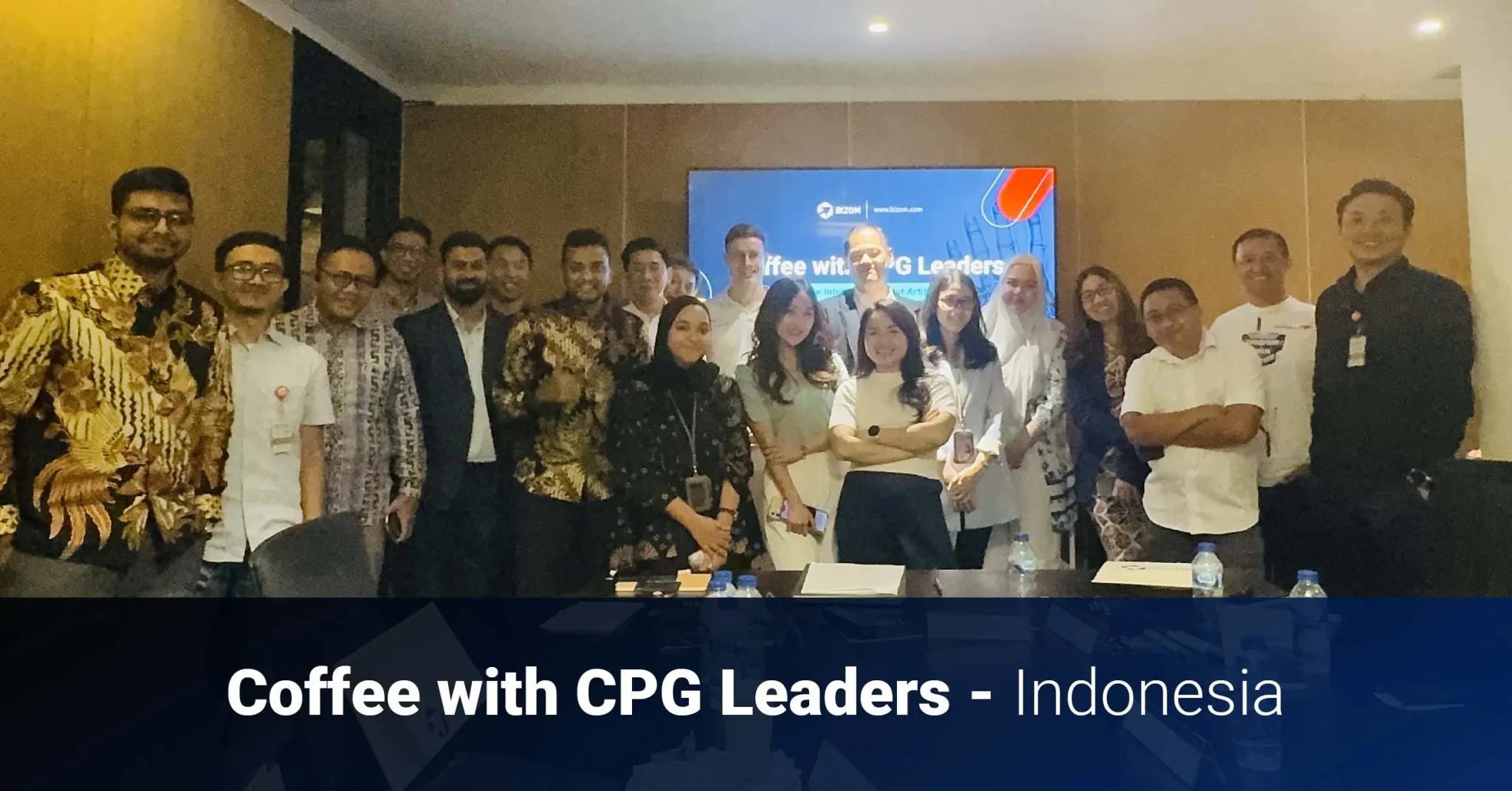Is AI Ready to Rule?
by Mehak Jaggi
Jun 21 2024 | 02 min read
Share:

What can be done in such scenarios?
CPG brands recognise these challenges and strive to assist their downstream users with technology that not only provides insights but also guides them on what steps to take next.
As the world evolves, brands experiment with artificial intelligence (AI) and generative artificial intelligence (GenAI) to automate repetitive processes and enhance efficiency, such as:
- Supply Chain Automation: Forecasting demand by analysing current inventory, historical data, seasonality, and sales numbers.
- Finance: Generate code to analyse credit data and assess customer risk profiles to estimate default and loss probabilities.
- Route Optimisation: Reducing logistics costs by planning better routes for sales reps.
- Manufacturing: Predicting market demand and increasing order management systems’ overall effectiveness.
- IT Systems: Automating IT support ticketing for incident management with chatbots.

However, the question remains: are users ready to accept this technology, or is there dissatisfaction?
In a recent interview by Ashish Pandey, Global CIO, Dabur India Limited at ETCIO Annual Conclave 2024 mentioned that “only 3 out of 100 CPG stakeholders believe AI is a scalable model. There has been considerable buzz around GenAI since last year, driven by the involvement of OpenAI and Microsoft. Despite this, deploying and scaling AI remains challenging for the industry. While advanced technology is available, its effective use depends on the real intelligence- the users’ ability to adapt and integrate it.”
Even Ruma Kishore, Director of Digital Transformation, HUL at ETCIO Annual Conclave 2024 mentioned that “there are four ingredients to digital transformation- process, technology, data and people. Looking at the proportion it is 10% digital and 90% people. Hence, it is very important to have people aligned for digital transformation’s success.”
GenAI should not only drive efficiency but also provide insights that change how people view data and make decisions using real intelligence. Insights must guide actionable steps; without a clear next-best action, advanced technology offers limited value.
Understanding technology is secondary but understanding people is the real art. Knowing what works, the organisational cycle and the DNA of success is paramount. When people succeed, the organisation thrives. Hence, AI helps derive insights and corresponding actions from data. However, if the data is flawed, AI cannot function effectively. Ensuring well-defined data collection rules and high data quality is crucial for successful AI and GenAI implementation.
- High Investment: Significant funds are required for infrastructure and computing power to process vast amounts of data.
- Bias and Discrimination: AI can produce biased or harmful outcomes based on the data inputs.
- Data Privacy and Violation: Ensuring data privacy and preventing violations are critical.
- Business Case for AI: A clear business case is essential for AI implementation. Often, prerequisites like clean data are lacking, leading to unsatisfactory results.
Conclusion:
The FMCG industry stands on the brink of a technological revolution with GenAI and other emerging technologies. The potential for increased ROI and operational efficiency is vast. However, technology’s power lies in the hands of those who use it. RI drives successful technology adoption. By prioritising upskilling, ensuring data quality, and viewing technology as an enabler, not a goal. FMCG brands should unlock AI’s full potential, achieving sustainable growth and innovation by giving importance to real intelligence.



